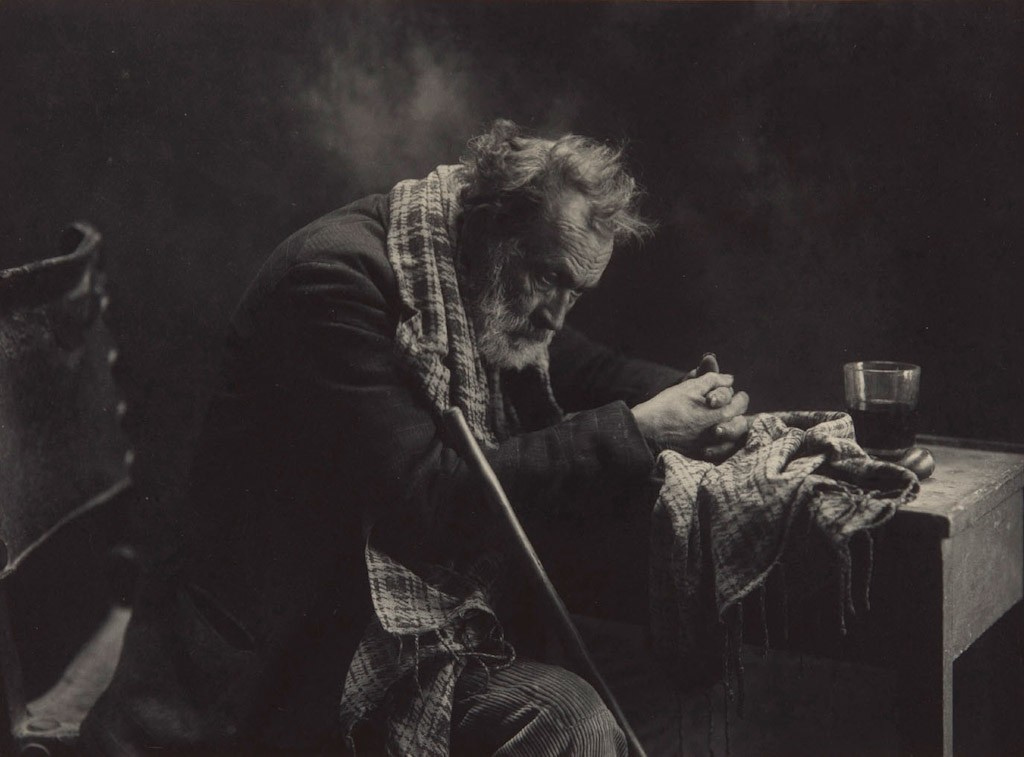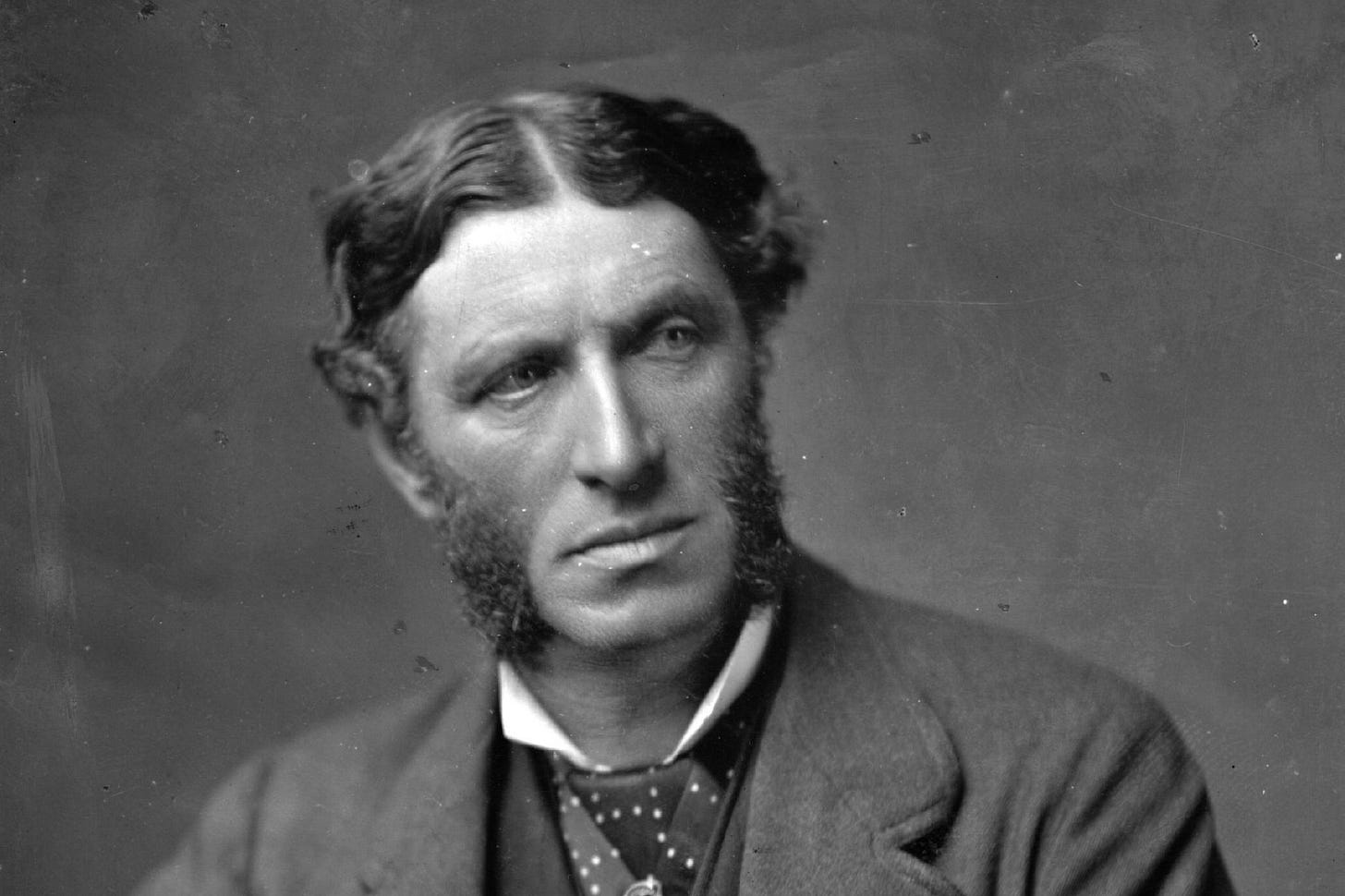Growing Old
By: Matthew Arnold
What is it to grow old? Is it to lose the glory of the form, The lustre of the eye? Is it for beauty to forego her wreath? Yes, but not for this alone. Is it to feel our strength – Not our bloom only, but our strength -- decay? Is it to feel each limb Grow stiffer, every function less exact, Each nerve more weakly strung? Yes, this, and more! but not, Ah, ’tis not what in youth we dreamed ‘twould be! ‘Tis not to have our life Mellowed and softened as with sunset-glow, A golden day’s decline! ‘Tis not to see the world As from a height, with rapt prophetic eyes, And heart profoundly stirred; And weep, and feel the fulness of the past, The years that are no more! It is to spend long days And not once feel that we were ever young. It is to add, immured In the hot prison of the present, month To month with weary pain. It is to suffer this, And feel but half, and feebly, what we feel: Deep in our hidden heart Festers the dull remembrance of a change, But no emotion -none. It is - last stage of all – When we are frozen up within, and quite The phantom of ourselves, To hear the world applaud the hollow ghost Which blamed the living man.
Matthew Arnold (1822–1888) was an English poet, cultural critic, and educator, renowned for his significant contributions to literature and thought in the Victorian era.
Arnold began his career as a poet, producing works like Dover Beach and The Scholar-Gypsy, which are celebrated for their lyrical beauty and exploration of themes such as faith, doubt, and the challenges of modernity. But he’s probably best known for his essays and criticism, particularly in the areas of culture and education.
Matthew Arnold remains a prominent figure in the study of Victorian literature and culture, recognized for his efforts to reconcile traditional values with the emerging modern world.




Ah, so talented. But I feel for him that that was his experience of growing old. As Franz Kafka said, “Anyone who keeps the ability to see beauty never grows old.”
The literary establishment rarely honours or helps young poets when they are young and could badly do with some financial encouragement in order to keep body and soul together. No, it's more likely to criticise their work. Then later, if those same poets are successful, but old and numb and weary from the long struggle to make it, the same literary establishment will step in and endeavour to steal the limelight by honouring them then. These were my thought when I read this - especially that astute last stanza:
'It is - last stage of all –
When we are frozen up within, and quite
The phantom of ourselves,
To hear the world applaud the hollow ghost
Which blamed the living man.'